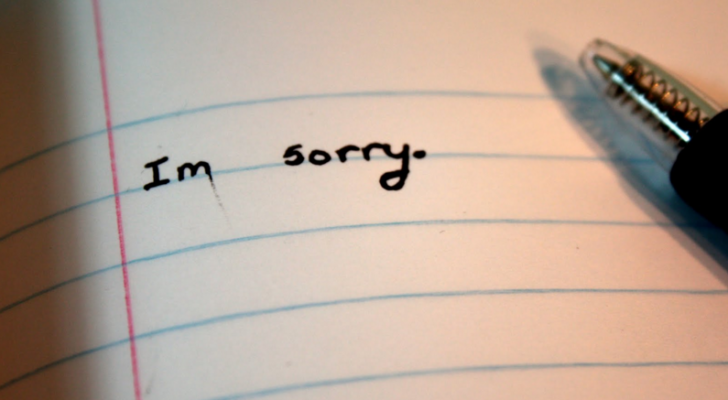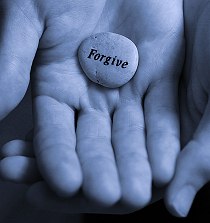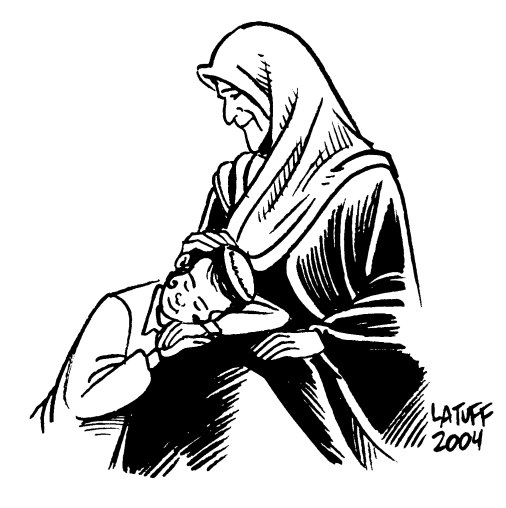
“I’m sorry.” It’s a simple phrase, yet it holds the potential to carry profound meaning for both the person offering and the person receiving it.
While it is also often thrown around quite casually and unnecessarily (especially in Canada), apologizing can be one of the most difficult situations to directly address. I recently took it upon myself to say sorry to the person in my life who I undoubtedly had the most difficult time saying it to.


